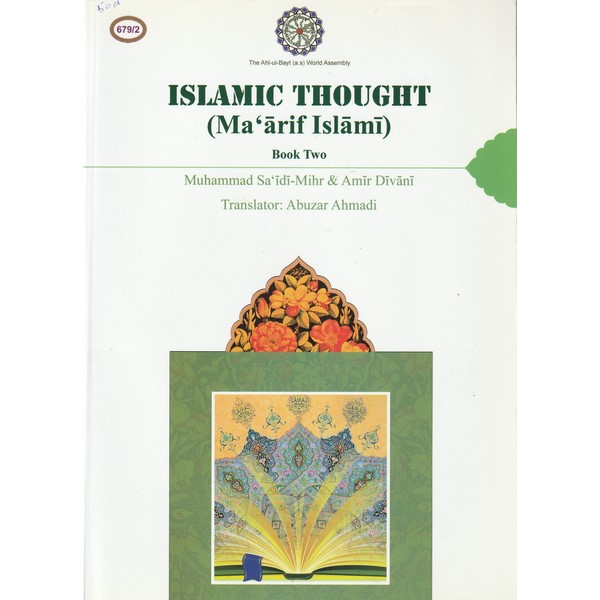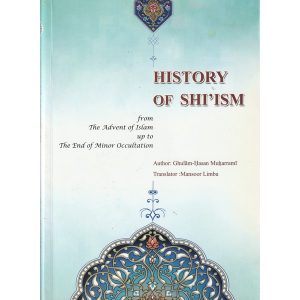Description
The first volume, entitled “Islamic Thought: Book One”, consists of topics concerning God, humanity, the world, and the afterworld. The second collection, entitled “Islamic Thought: Book Two”, is comprised of the subjects of prophethood [nubuwah], Imamate, religious authority [marja’īah], and religious vicegerency [wilāyah]. The proportions of these books have been adapted to two study units each.
The structure of the introduction has been adapted to conform to the curriculum suggested by the Administration. This modified chapter has been named “Religion in the Modern World” which investigates the crises of modern humanity and related causes and factors and explains the function of religion in resolving these crises.
In the discussion concerning theology, while elucidating the methods of realizing God, the “Kalām Cosmological Argument” has been discussed in detail in the section entitled “The Way of Intellect”.
The policy of the Administration regarding introduction of contemporary Kalām discussions into the book was to do so gradually while simultaneously observing the necessary symmetry of the topics. Therefore, issues such as religious experience, benefits of religion, science and religion, and polytheism [kithrat girā’ī] have been introduced and existing materials have been enhanced in the second edition.
In this edition, the discussions concerning eschatology [ma’ād] and Imamate have been revised and the discussions on Imamate have been broadened. Additionally, discussions on religious authority [marja’īah] and religious vicegerency [wilāyah] have been revised in order to increase content accuracy and adjust the volume of this discussion. Furthermore, we have endeavored to answer all questions concerning these topics.
HEAVILY SUBSIDIZED BY WWW.ISLAMICTHOUGHT.CO.UK







Reviews
There are no reviews yet.